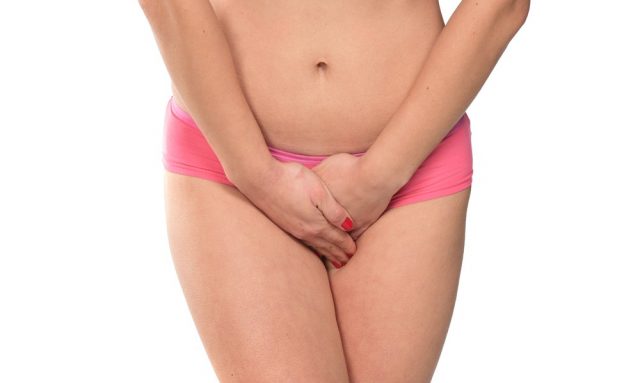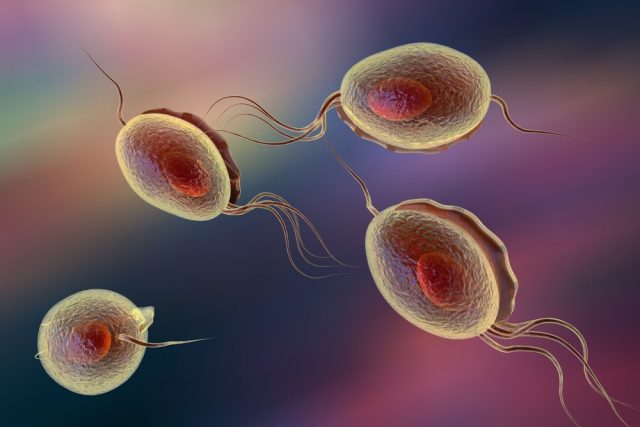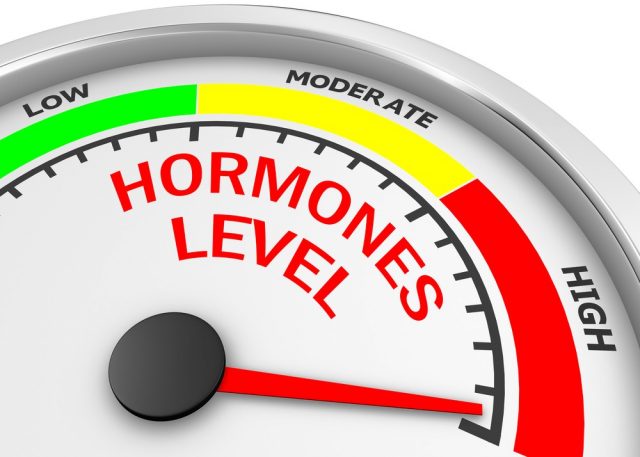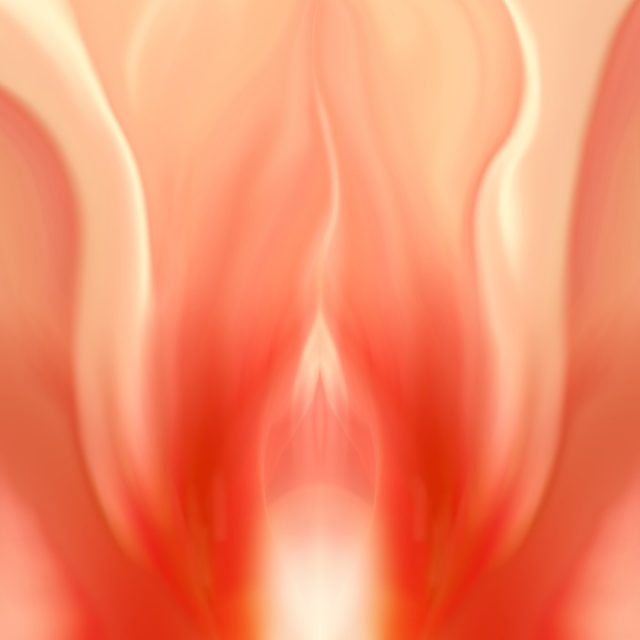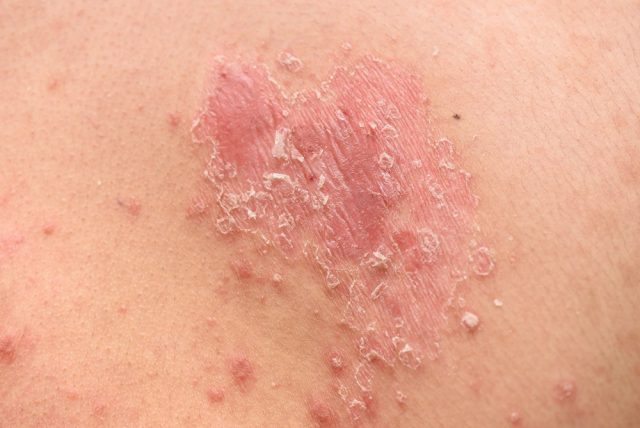10 common reasons your vagina is itchy
Not every woman is walking with itchy vagina but many are! That is why it is important to figure out what is going on down there! Any of us can face the problem of itchiness and thus it is necessary to understand the causes because itching is uncomfortable and painful and can also be a result of various kin disorders and diseases. They are quite annoying but seldom worrisome or dangerous!
Vaginal itching might not seem to be a cause for concern but contacting doctor to carry out examination and testing is of extreme importance. Here are some of the possible causes of itchy vagina along with the symptoms.
-
Vaginal Yeast infection:
The symptoms of vaginal yeast infections include itchiness along with swelling around the walls of vagina, burning during urination, redness or rashes. Also, discharge of whitish grey and clumpy kind of liquid thing is noticeable as part of this infection. This happens because of overgrowth of yeast in vagina. Lactobacillus bacteria which keeps growth of yeast in check but is dominated by Candida fungus and thus leading to infection. Stress, antibiotics, lack of sleep, weak immune systems are the possible cause which lets the fungus dominates. These infections are treatable with tablets, ointments and creams.

-
Trichomonas Infection:
This disease is one of the sexually transmitted diseases but is curable easily. The symptoms would include itching, burning, swelling, redness and frequent urge to urinate. It is more common in women than in men and is purely transmitted through genital contact during sex. Risk of infection can further increase if you have multiple sex partners. It can be treated using antibiotics such as metronidazole in a week.

-
Hormonal fluctuation:
Whenever the hormonal levels change or fluctuate, it is bound to experience vaginal itching. This may happen during your period days, pregnancy, menopause or even if you are taking birth control. Use of scented and non-cotton pads during periods are one major concern among women. Also, not changing them frequently becomes one of the reasons of itching. Similarly during pregnancy and birth control, similar kind of itchiness bothers you. It is better to consult a specialist who can prescribe hormonal cream and can also guide if the birth control pills need to be switched.

-
Vulvar cancer:
This type of cancer affects the outer cells of vagina causing itching, abnormal bleeding, pain in urination, tenderness and lumps on the walls of vagina. Habit of smoking, genital history or factors like these lead to vulvar cancer. It gradually grows and reaches to lymph nodes, bladder, and pelvic bone and to other distant organs if not treated timely. Vulvar itching might include diagnosing with laser therapy or through surgery.

-
Vulvovaginitis:
This can happen to women and girls of all ages and is also known as vaginitis. Environmental factors including poor hygiene and allergans, bacterial or yeast infection and some chemicals in the form of sprays, feminine sprays, perfumes and vaginal contraceptives can lead to this infection. You can try some of the home remedies to get rid of this infection but it always better to consult a doctor first to analyse the severity.

-
Postmenopausal Atrophic Vaginitis:
Decrease in estrogen levels generally after menopause leads to thinning of vaginal walls which increases the itchiness, burning sensation and discomfort. Estrogen helps in keeping the vagina elastic, less fragile and safe. While its occurrence is possible mainly during menopause but it can also occur during breast feeding and genital surgeries. Various examination and tests are carried out by gynaecologists relating to external genitalia for physical signs of atrophy.

-
Vulvitis:
This is one of the common problems in women. The symptoms of Vulvitis include irritating and itchy vulva. This one is caused because of using harsh soaps, bubble baths, vaginal perfumes and scrubbing that area too much while bathing. This leads to inflation of vulva and thus leads to itchiness and discomfort. The skin of vagina is ten times delicate than the face of our skin which itself is 5 times softer than the skin on arms and legs. Thus it is necessary to deal with care and love with this delicacy. Thus, you should keep your vagina clean but using warm water and designated products and by also saving it from toilet papers having irritating dyes and keeping it wet for too long!

-
Generalized Anxiety Disorder (GAD):
This is something which might stand odd among the ones we have already discussed. But anxiety disorders leads to difficulty in concentrating, sleeping, muscle tension, fatigue, rapid heartbeat and such other symptoms which imbalance the hormonal system of the body. Thus it may lead to feminine itching and irritation down there which is then to be tested through blood, urine and stress tests. The perfect diagnose for this is regular exercise and a healthy diet so as to balance the hormonal structure of your body.

-
Douching:
Never ever douche! Douche refers to a term of washing out the vagina with a mixture of water and vinegar. Douche is available in the medical stores and is sprayed through a tube upward into the vagina. Vagina is known as self-cleaning oven and is required to maintain proper acidic pH balance and a delicate balance of natural bacteria. This bacterium helps in protecting it against infection but by douching risk of vaginal infections and pregnancy complications increase which leads to irritation and itching in the vagina. Douching dries the skin and thus increases the risk of itchiness. Stop douching as you can clean the vagina simply with dedicated products and warm water.

-
Genital psoriasis:
This skin infection appears as smooth, dry and red lesions causing non-scaly redness on the vulva. This causes lot of feminine itching and continuous scratching leads to dryness and thickness of skin. It is difficult and frustrating to treat this infection as it causes itchiness and also because of sensitivity of skin involved, this needs to be treated with special consideration. It is an inflammatory and autoimmune condition and can affect the skin anywhere on your body. It is necessary to consult doctors so that they can prescribe the medication depending upon your skin type.



